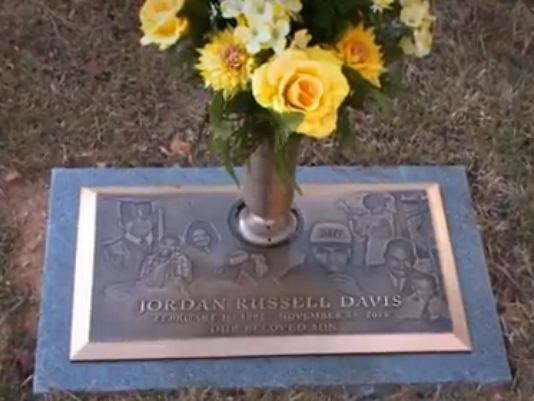The Ghastly Ritual: Death, Pain, and Love
It’s sad really, this ghastly ritual. Black people waiting for the courts to deliver some justice for our murdered children. Tick, tock, tick, tock. The jury deliberates. Tick, tock, tick, tock. We stand vigil demanding that the law affirm our humanity. Tick, tock, tick, tock. Anxiety rises. Words like unbelievable, depressing, angry, and scared proliferate. Tick, tock, tick, tock. If the hoped for conviction comes, what next? Another black child killed? Tick, tock, tick, tock. We hold our collective breath. Tick, tock, tick, tock. The verdict is read: betrayal, devastation, anger, tears, recriminations, quiet acceptance, rage, numbness, tuning out, silent prayer, unmitigated pain… We knew. We hoped for different. But we know…better.
What will we tell our children? The cry rises again. Perhaps this is a question without an answer asked by a person who doesn’t really want one. It’s a question to verbalize helplessness and to convey anguished love.
It’s been said that children are only on loan to those who raise them. But black children are hyper-visibly on borrowed time. For our young, blackness too often means perpetual threat of violation and violence. We know this in our marrow and because we love our children cosmically we lie to them and ourselves in order to preserve sanity. Our history in this country sometimes demands self-delusion or how could we survive the relentless assaults and still experience joy.
In 12 Years A Slave, Solomon Northrup describes the closing scene of a New Orleans auction in 1841:
“…The bargain was agreed upon, and Randall [a Negro child] must go alone. Then Eliza [his mother] ran to him; embraced him passionately; kissed him again and again; told him to remember her — all the while her tears falling in the boy’s face like rain.
“Freeman [the dealer] damned her, calling her a blabbering, bawling wench, and ordered her to go to her place and behave herself, and be somebody. He would soon give her something to cry about, if she was not mighty careful, and that she might depend upon.
“The planter from Baton Rouge, with his new purchase, was ready to depart.
“‘Don’t cry, mama. I will be a good boy. Don’t cry,’ said Randall, looking back, as they passed out of the door.
“What has become of the lad, God knows. It was a mournful scene, indeed. I would have cried if I had dared.”
There are no photographs of Eliza. But her face is familiar. It’s a face I recognize in those of Mamie Till, Sybrina Fulton and now Lucia McBath. Eliza cried as her child was ripped from her embrace. She was admonished to stop bawling. In our historical moment, Sybrina and Lucia stand before the cameras stoic, pained, and tearless. One wonders if Freeman’s threat to Eliza not to cry has carried over somehow to 2014.
What do we do with our pain then? How do we make use of what’s simply part daily living? Audre Lorde (2009) offers some guidance:
“There is some point where pain becomes an end in itself, and then we must let it go. On the one hand, we must not be afraid of pain, but on the other we must not subject ourselves to pain as an end in itself. We must not celebrate victimization, because there are other ways of being Black (p.163).”
Black parenting is, in part, about managing daily precarity and about the pain of borrowed time. But it’s also more importantly, I think, about love: the fierce & abiding kind born out of the knowledge that tomorrow is not promised. It’s a love mingled with pain that allows for a celebration of blackness in a profoundly anti-black world. My parents raised me here to love being black, to bask in it even while they understood that the rest of the world denied its beauty. My family members and friends are doing the same for their children today. This is our legacy and our triumph.
Even as the dominant culture sees and treats us as unpersons, we know that this is in fact the greatest of lies. And it is this truth that instills hope and provides the ultimate answer to the question: what will we tell our children? It’s simple actually, we’ll continue to tell them how much we love them. We’ll let love have the final say as we keep fighting for more justice. Because as Audre reminds us: “There is a world in which we all wish to live. That world is not attained lightly. We call it future.”

